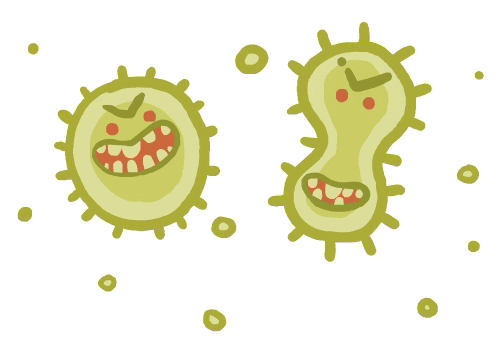Food engineers combine basic engineering principles with lots of other fields. They consider fields from microbiology to chemistry and more.

They apply the mechanical engineering study of structures, systems performance, and how fluids behave. This means they can safely and efficiently produce food and drink. Food engineers can also specialise in different areas. They can consider design, development, research, or operations. It’s important not to forget the processing, packaging, storage and transportation!
How Do I Become a Food Engineer?
To work as a food process engineer, you will need a bachelor’s degree. This can be in food process engineering, or biology and food science. If you think university isn’t for you, that’s ok! There are also apprenticeships in this field.
In this line of work, employers will also be looking for individuals with several key skills, such as:
- Data analysis skills
- Excellent observational and verbal communication skills
- The ability to think critically and solve problems
- Computer skills
Read more on routes into Food Engineering >>
Read more about how to become a Food Engineer >>






